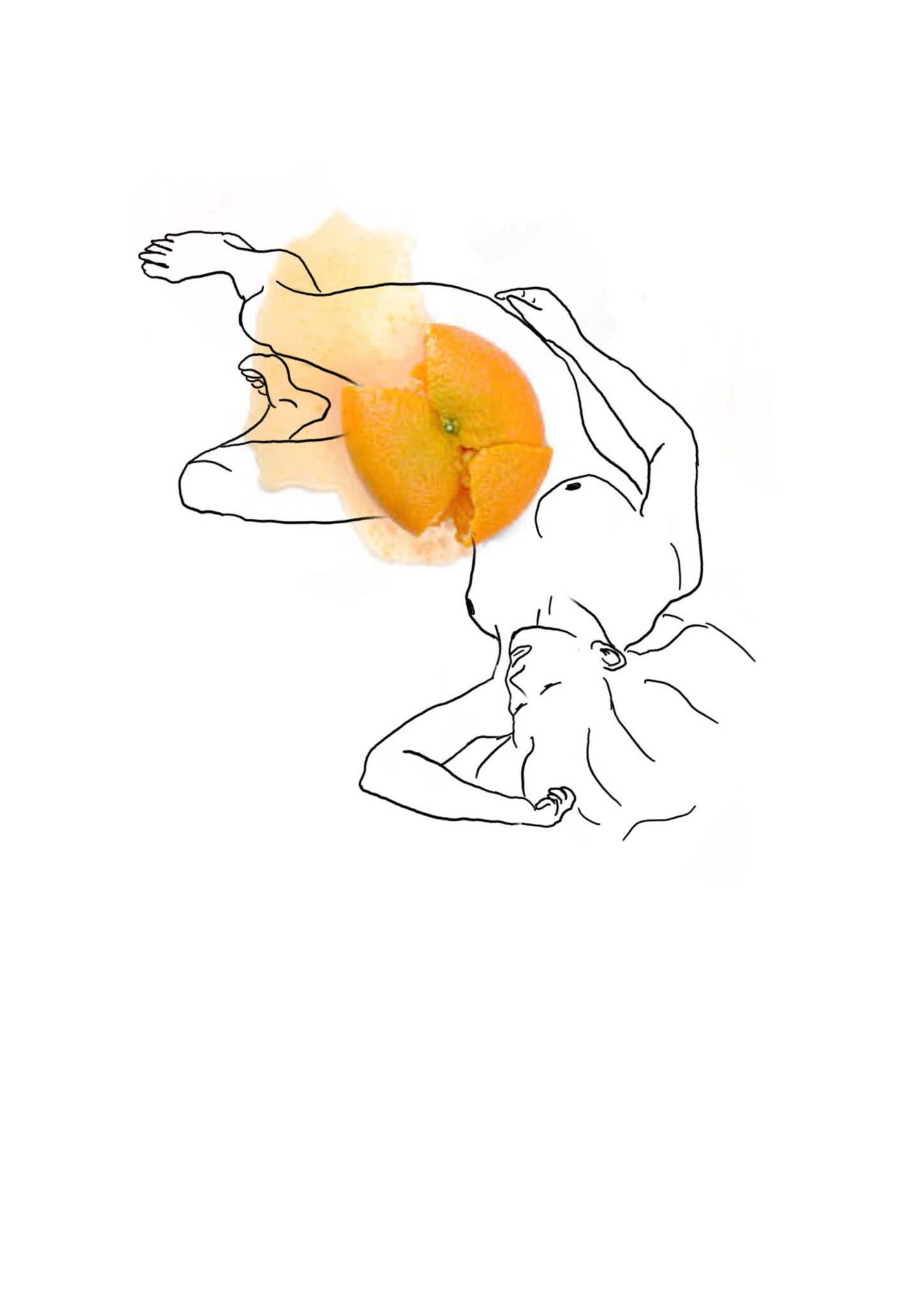In the sanctum of tradition, the quiet pervasiveness of female genital mutilation (FGM) thrives in a veil of secrecy, existing as a silent pact between a young girl and her elders which is sealed with the sharpness of blades. It is a topic so taboo, even within the cultures it is practiced in, that a general lack of awareness exists throughout the world, with many having no idea about what FGM even is or its implications. Yet over 230 million girls and women around the world have been cut.
On the 18th of March this year, The Gambian parliament, with a predominately male assembly, voted fourty-two to four to advance a bill seeking to repeal the nation’s 2015 ban on FGM.
This occurred in light of the first conviction under this law in August 2023, when three women were found guilty for performing FGM on eight infant girls. Despite the sentencing concerningly being very lenient fines, the verdict remained a landmark for the nation’s progress in combating this harmful practice. However, the convictions prompted backlash among Gambia’s religious leaders which sparked debates within the community and ultimately led to the current bill, which antagonise the ban as a violation of citizens’ rights to practice their culture and religion as guaranteed by the Constitution.
The proposed reversal not only sets a dangerous precedent which severely threatens the legal protection of women and girls but also undermines the global progress to abandon this harmful practice.
FGM tends to be referred to as ‘female circumcision’ by its proponents, but that term is a misnomer. It is akin to male castration due to the invasive and traumatic nature of the procedure. There are four types of FGM, ranging from partial to total removal of the clitoris, to narrowing of the vaginal orifice by cutting and stitching the labia together. The latter only allows a small aperture for the passing of urine and menstrual blood.
The egregious procedure, which confers no medical benefits, is mostly carried out on young girls between infancy and age 15 in the name of cultural and religious obligations. Typically the procedure is carried out in secret without anaesthesia by a traditional circumciser or birth attendant in the community but may also extend to (male) barbers or elderly women, all of whom have no medical expertise.
The practice is rightly illegal in many countries around the world either through prohibitions or obligations under international law. Notably, the 2030 Agenda for Sustainable Development, adopted by 150 of their member states including The Gambia, explicitly calls for the elimination of FGM.
However, most countries are not on track to meet the target by 2030 with the practice persisting quietly, predominantly across regions of Africa, the Middle East, and Asia.
Additionally, there has been a trend towards the ‘medicalisation’ of FGM where the procedure is performed by health workers in sterile environments and thought to be an acceptable form of harm reduction. Indeed, Gambia’s bill challenged the term ‘mutilation’, arguing that ‘properly conducted circumcision’ cannot be deemed as such, suggesting that medicalised FGM is on the card. However, the medicalisation of FGM is a grave misconception: not only do medical practitioners not have any medical training to be able to perform this procedure but as mentioned earlier, there is absolutely no therapeutic justification for FGM.
Rather, these women experience devastating health complications in their life in three phases: the day of the mutilation, day of their first sexual intercourse and the day of childbirth. Passing through these phases these women experience dislocation or fracturing of limbs when being restricted during the procedure, excessive bleeding and severe pain, susceptibility to spread of infections such as HIV, and they are at risk of surgical intervention during labour and of mental health disorders throughout their lives.
It is erroneously linked to religion, for instance, FGM tends to occur in predominately Muslim countries such as Indonesia, Egypt and The Gambia, where most believe the practice to be required by the Quran. However, many religious scholars have refuted such claims, with no religious text explicitly promoting or condoning FGM. Instead, these beliefs have emerged from the generations of deeply-rooted patriarchal values and norms in order to control the sexual behaviours of girls and maintain their purity for social acceptability at the expense of their health and being.
The Gambian context portrays this very complex interplay between cultural norms, religious beliefs, and democratic progressivism to achieve gender equality. Gambian lawmaker Almaneh Gibba, who is leading a campaign to overturn the ban, declares that they “will not be dictated by Western philosophy.” So the world finds itself at a critical juncture: should we silently acquiesce to the perpetuation of such an atrocious practice in the name of tradition, or advocate for the human rights of girls and women?
Eradicating the practice poses a tough global struggle despite existing bans and condemnation. In many ways, the repeal reflects a reactionary, conservative global rollback on women’s rights and gender equality. The ban’s proposed repeal may see similar actions through the regions as the debate is not exclusive to The Gambia but across communities where FGM remains endemic. With the likes of legal repeal of Roe v. Wade sending triggers to criminalise abortion across the U.S, just highlights the vulnerability of progress in the face of evil forces of anti-rights movements and gendered politics.
The sanctity of tradition may have long shrouded FGM in secrecy, but we must continue to push loudly against the forces which destroy the rights and dignity of young girls and women worldwide. Our work towards equality is forever ongoing. We must not stand idle even in our achievements, but instead safeguard the very rights we fought so hard to attain.





